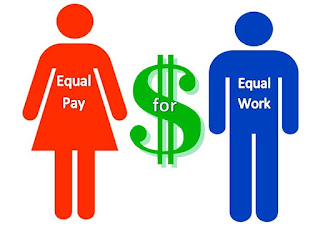Consumers Love Personalized Offers, but Only If They Opt In

Excerpt from an article by Krista Garcia To read more, visit eMarketer "According to an April 2018 survey of US internet users by verification services company SheerID and Kelton Global, more than two-thirds of respondents said an offer just for them is more important than a promotion sent to everyone, and 94% would take advantage of an offer that wasn’t made available to the public at large. What would these consumers do if they were given an exclusive offer? Nearly half said they would make a purchase sooner than normal, while 41% would look for products to buy so they could use the offer, and 38% would treat themselves to something they wanted but didn't really need. This would be the nudge to make a purchase, but fewer would spend more or buy a more expensive product. As many studies have shown, consumers want personalized offers, but they also want control over how much a brand or retailer knows about them."





